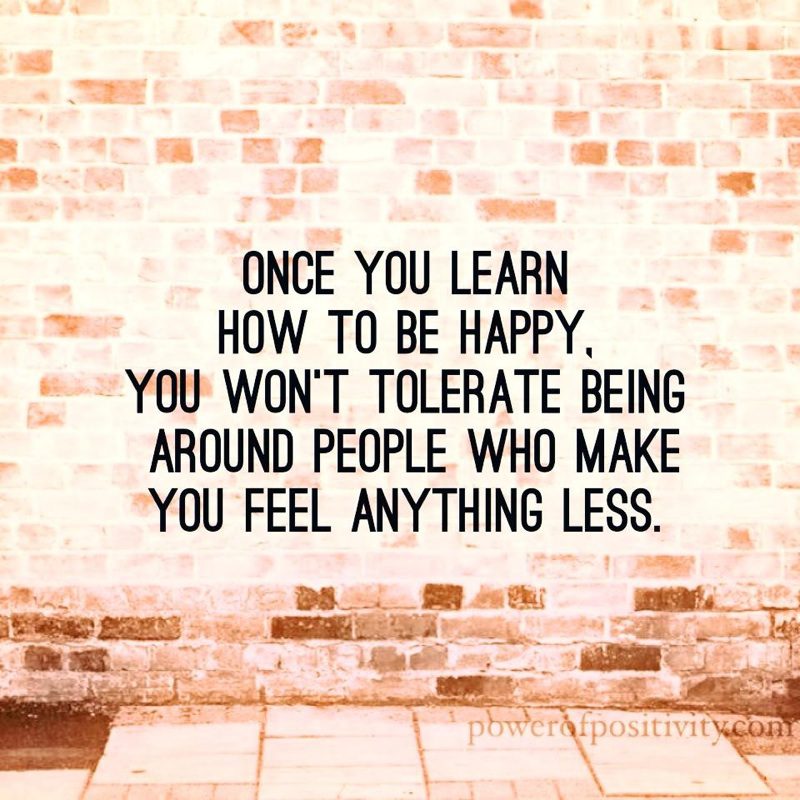The National Institutes of Mental Health (NIMH) estimates that one in every five U.S. adults lives with a mental illness. This number adds up to nearly 50 million people. Sadly, these numbers likely underestimate the extent of the problem.
Why is mental health important? A bit of a rhetorical question, right?
Mental health directly affects the quality of life. Our mental health determines our productivity, feelings of self-worth, confidence, and skillfulness in navigating life’s inevitable challenges. Good mental health maximizes all of these things; poor mental health minimizes them.
If we’re stricken with poor mental health, it becomes impossible to experience life optimally. Without proper treatment or guidance – medical or otherwise – most watch as their life takes a turn for the worst. That’s because the state of our mind impacts both our life – both personally and professionally.
Fortunately, we can improve our mental health. Better yet, we needn’t rely on copious amounts of pharmaceutical drugs to do so (as valuable as these can be at times.)
In this article, we’re going to discuss four habits that can lead to better mental health.
Let’s get to it!
Poor Mental Health Has Always Been a Problem
“ADHD [attention-deficit hyperactivity disorder], anxiety, depression … can be thought of as problems that have existed – and been ignored – for years.” ~ Paul Hammerness, MD, Associate Professor of Psychiatry at Harvard Medical School
While the catalysts of mental illness have changed, poor mental health has probably been a thing since homo sapiens first walked the primordial Earth.
Whereas in days of yore humans were concerned about wild animal attacks and having enough food, today we’re fretting about time, money, family, and career. Most likely, a combination of all these things.
There is something that connects these two distinct periods, however: the brain.
A Word About the Brain
Neuroscientists state that the structure of the human brain has remained mostly unchanged over the past 500,000 years. Ten thousand years ago, our brains shrank. The past century has resulted in a “brain size rebound,” a byproduct of better nutrition and less disease brought on by the industrial revolution.
We can attribute some of the more modern mental illnesses – anxiety and depression, mainly – to the brain’s relatively static development. The harsh living conditions of our distant ancestors required an ever-alert brain mechanism that could quickly respond to threatening stimuli.
Brain experts call this mechanism the Fight-or-Flight response. Others call it hyperarousal or acute stress response.
The ‘FoF’ response is critical to human survival, even now. If you’ve ever been in a situation of sudden, extreme danger – and had to take quick action to ensure your survival – then you’ve had first-hand experience with the FoF response.
The truth is that we’ve all had, to a greater or lesser degree, some experience with FoF. If you’ve ever suffered from an anxiety disorder, you felt the constant agitation. If you’ve ever had to act to avoid danger, you’ve felt the flood of adrenaline that accompanies FoF activation.
In all of these situations, you no doubt noticed an involuntary, unconscious state of arousal. That’s the FoF. Early humans, no doubt, also saw the unpleasantness associated with an overactive FoF response – which was passed along to us.
The Cause of Mental Health Issues
While FoF plays a significant role in the state of our mental health, it’s far from the only influencer.
Neurotransmitters, chemicals that act as signaling molecules in the brain, also have a substantial effect on our mental health. While scientists posited this correlation a long time ago, it wasn’t until recently that SPECT imaging studies all but confirmed the relationship.
Any imbalance of the four primary neurotransmitters – serotonin, dopamine, noradrenaline, and GABA – can lead to sub-optimal mental states, possibly mental illness.
Here’s a breakdown of the function(s) of each neurotransmitter and examples of malfunctions:
| Neurotransmitter | Function | Malfunction Effects |
| Dopamine | Attention, emotion, influences movement, and learning | Low dopamine levels link to mental sluggishness, reduced motivation, and a decrease in pleasure from usually enjoyed activities (anhedonia). |
| Norepinephrine (or noradrenaline) | Affects attention and responding actions in the brain. Involved in the fight or flight response. | Undersupply of norepinephrine links to a depressed mood. |
| Serotonin | Arousal, hunger, mood, and sleep | Low levels are linked to clinical depression; Prozac and other prescription drugs are often prescribed to correct this imbalance. |
| GABA | Inhibitory transmitter | Undersupply is linked to anxiety. |
(Sources: https://www.compoundchem.com/2015/07/30/neurotransmitters/
https://www.quora.com/What-are-the-neurotransmitters-found-in-the-parietal-lobe-temporal-lobe-occipital-lobe-and-cerebral-lobe-in-relative-to-what-these-lobe-contains)
This all begs the question: can our habits influence our neurotransmitters? And, in so doing, improve the state of our mental health?
4 Habits That Improve Mental Health
“You have the power over your mind – not outside events. Realize this, and you will find strength.”~ Marcus Aurelius
-
Observe your mind
Metacognition is actively observing your mental processes and understanding habitual emotional reactive patterns. It’s also a crucial component of good mental health.
If you’ve ever sat back and wondered why in the heck your mind is making so much noise, then you know what metacognition is. You’ve also made a crucial and potentially life-changing discovery: you are not your mind or feelings.
Instead, you are the awareness behind the thoughts and feelings. When you recognize and embrace this fact, you can observe the activity of our mind at a distance – as a passive ‘witness.’ You may even start to get curious about the inner-workings of your mind, and it’s this attitude that will lead to a transformation.
While it’s possible to observe your mind amid daily life, it’s often difficult – especially at first. This is where a regular meditation practice can help.
Try taking 15-20 minutes at the start of each day to sit and allow your mind to become quiet.
-
Slow down
“The soft overcomes the hard. The slow overcomes the fast.” ~ Lao-tzu
Okay, so this sounds like commonsensical gibberish nonsense. “What? Slow down? That’s it?”
Okay, then how come we are so bad at it?
Reason #1: society has taught us that frenzied action is the same as productivity. Not only is this untrue, but it’s also potentially disastrous to our mental and physical health.
Slowing down – more specifically, not rushing – can have a powerful impact on our state of mind. Things still get accomplished, and with much less stress. Often, you’ll find that slowing down and focusing on one task at a time (see ‘Single-tasking’ next) not only improves the quality of your work but, ironically, can increase the pace at which things get done!
Practice performing one task a day slowly. Put all of your attention on the job – washing the dishes, showering, vacuuming, etc. – and while doing the activity gradually and deliberately.
-
Single task
“He did each single thing, as if he did nothing else.” ~ Charles Dickens
Few things have been more damaging to our state of mind than multitasking. How harmful is it? Well, per a study conducted by researchers at Michigan State University, participants who multitasked using multiple forms of entertainment media “showed symptoms of anxiety and depression” based on mental health surveys.
Did you get that? Multitasking – even with entertainment – causes symptoms that mimic those of anxiety and depression!
The truth of the matter is that not only is multitasking a myth; it’s also stress-inducing and harmful.
The human brain simply is not meant for multitasking. When we perform a job, our neural circuitry is concentrated around that task – and that task only. It is incapable of diverting mental resources to a secondary task.
Unless, say, we’re talking about chewing gum and walking at the same time.
Instead, make it a habit to focus your attention single-mindedly on each task. Not only is this a more effective way of living, but it’s also much more peaceful.
-
Be compassionate towards yourself.
“If compassion does not include yourself, it is incomplete.” ~ Jack Kornfield
Most people have good hearts. Although the media may try to convince you otherwise (their motto is “Bad news sells” after all) there is plenty of good happening in the world.
Since most people have good hearts, most of us are compassionate by nature. When someone is visibly hurting, we will often try to comfort and console.
But one problem that so many of us have is this: we don’t extend our compassionate nature to ourselves.
Indeed, each one of us is our own worst critic. We don’t even think about self-compassion. Many people live their entire lives without ever once practicing self-love or compassion.
To deny yourself, compassion is not only wrong; it is harmful to your mental wellbeing.
How do you practice self-compassion? Try picturing yourself as a child. If you have a picture of when you were a kid, take a good look at it.
Would you ever want this individual to suffer? Of course not. Talk to that inner child with compassion and love. How do you feel during and afterward?

















 Community
Community

